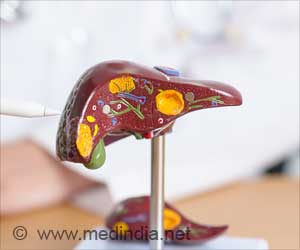Children are more vulnerable to bites of mosquitoes that carry the malaria parasites, according to a study
Children are more vulnerable to bites of mosquitoes that carry the malaria parasites, according to a study. Each year, malaria kills about two million people around the world, most of them children under five. The disease kills more than one million children - 2,800 per day - each year in Africa alone, according to World Health Organisation (WHO).
Researchers led by David Smith, from the US National Institutes of Health's Fogarty International Centre in Washington, looked at field data from a number of studies of mosquito behaviour and records of infections in around 5,000 children aged under 15 living in more than 90 communities across Africa, reports the online edition of BBC News.It is not clear why some children provide a more attractive target for mosquitoes carrying the malaria-causing parasite, Plasmodium Falciparum, but they do, said the researchers.
Mosquitoes pick up the parasite while taking blood from an infected person and then deliver it through its saliva while taking blood from someone else.
In the study, the children remained infectious for about six months on an average. Furthermore, once they had cleared the infection, they were not immune to new malaria infections.
The findings suggest that malaria would be much more difficult to beat if control measures are applied uniformly across populations, Smith said. Instead, he said, it might be better to target those who are bitten the most - children.
Martin Donnelly, lecturer in Vector Biology at the Liverpool School of Tropical Medicine, said: "Very little is known about what attracts mosquitoes and how mosquitoes would differentiate between different humans."
He said researchers at Durham University had found pregnant women appeared to be particularly attractive to mosquitoes.
Similarly, work has suggested that people who have transmissible malaria in their blood are also more attractive to the insects.
(IANS)








